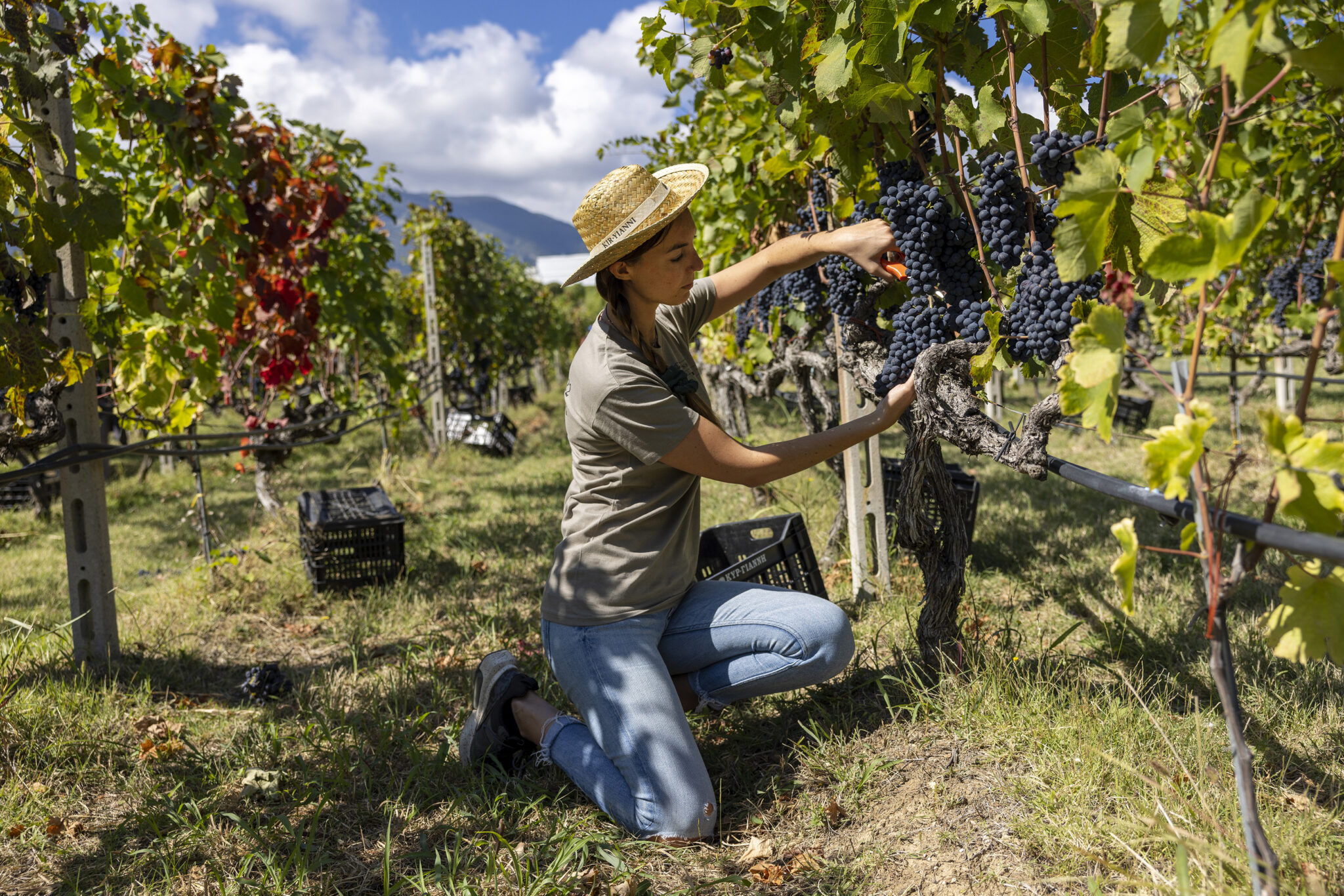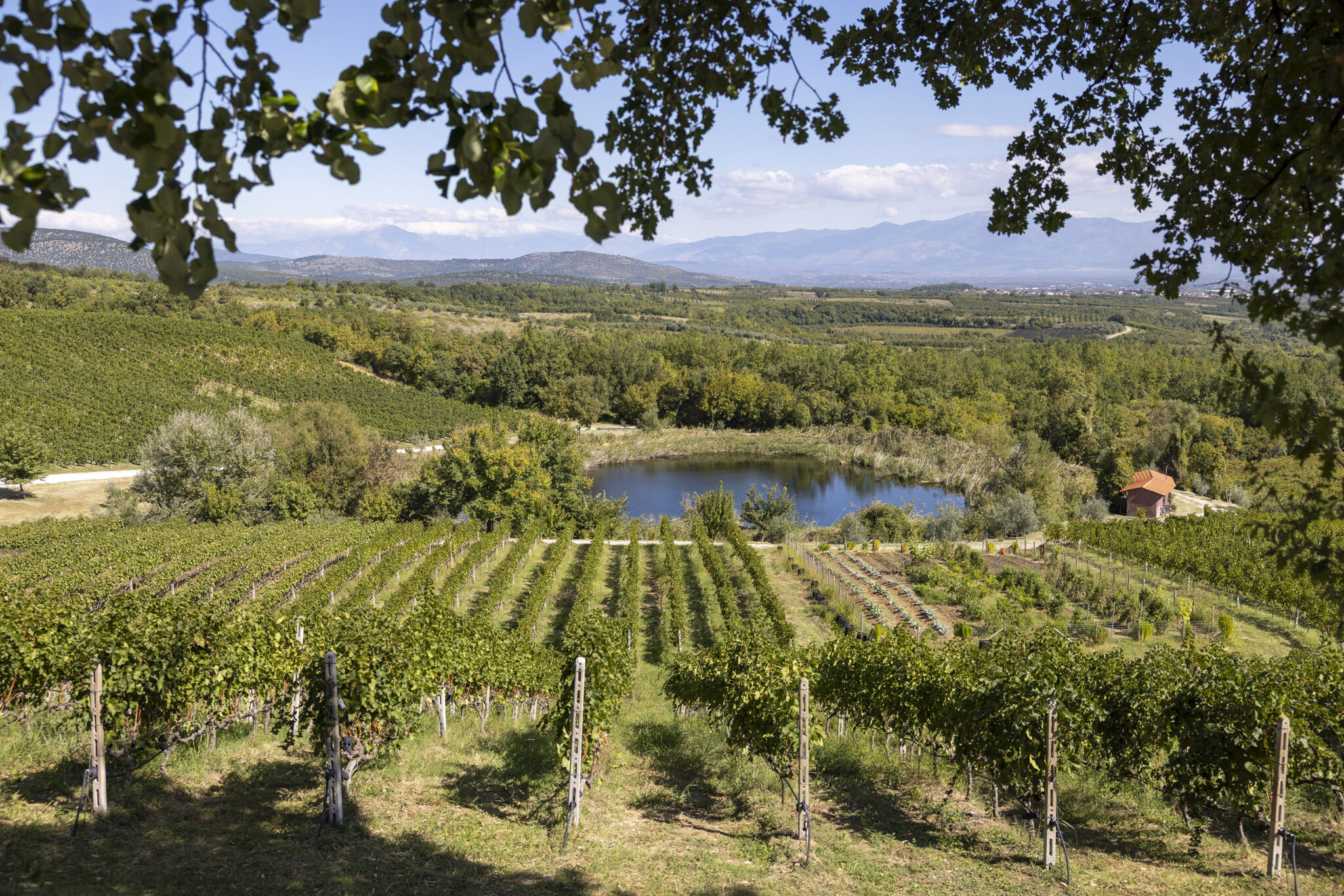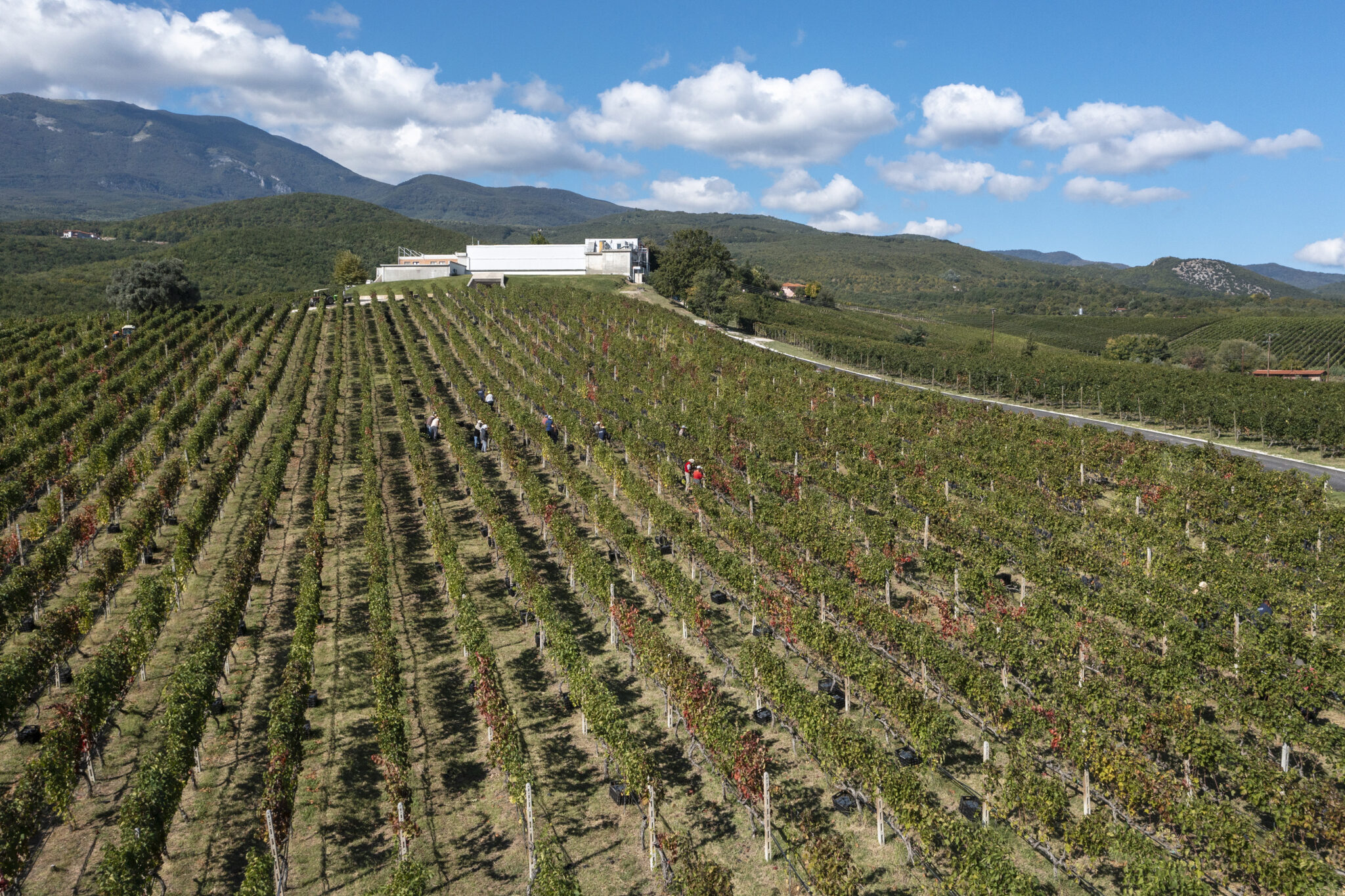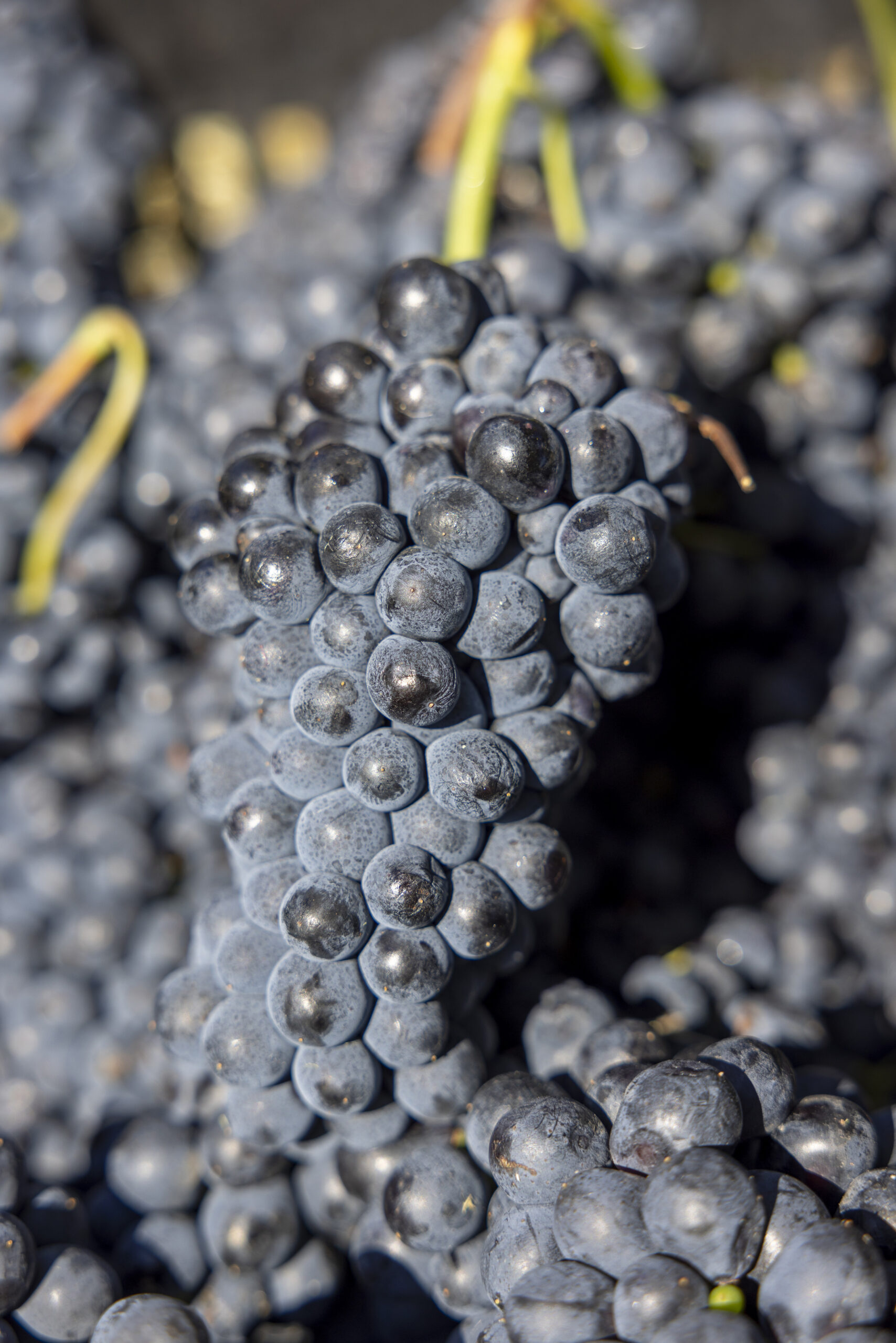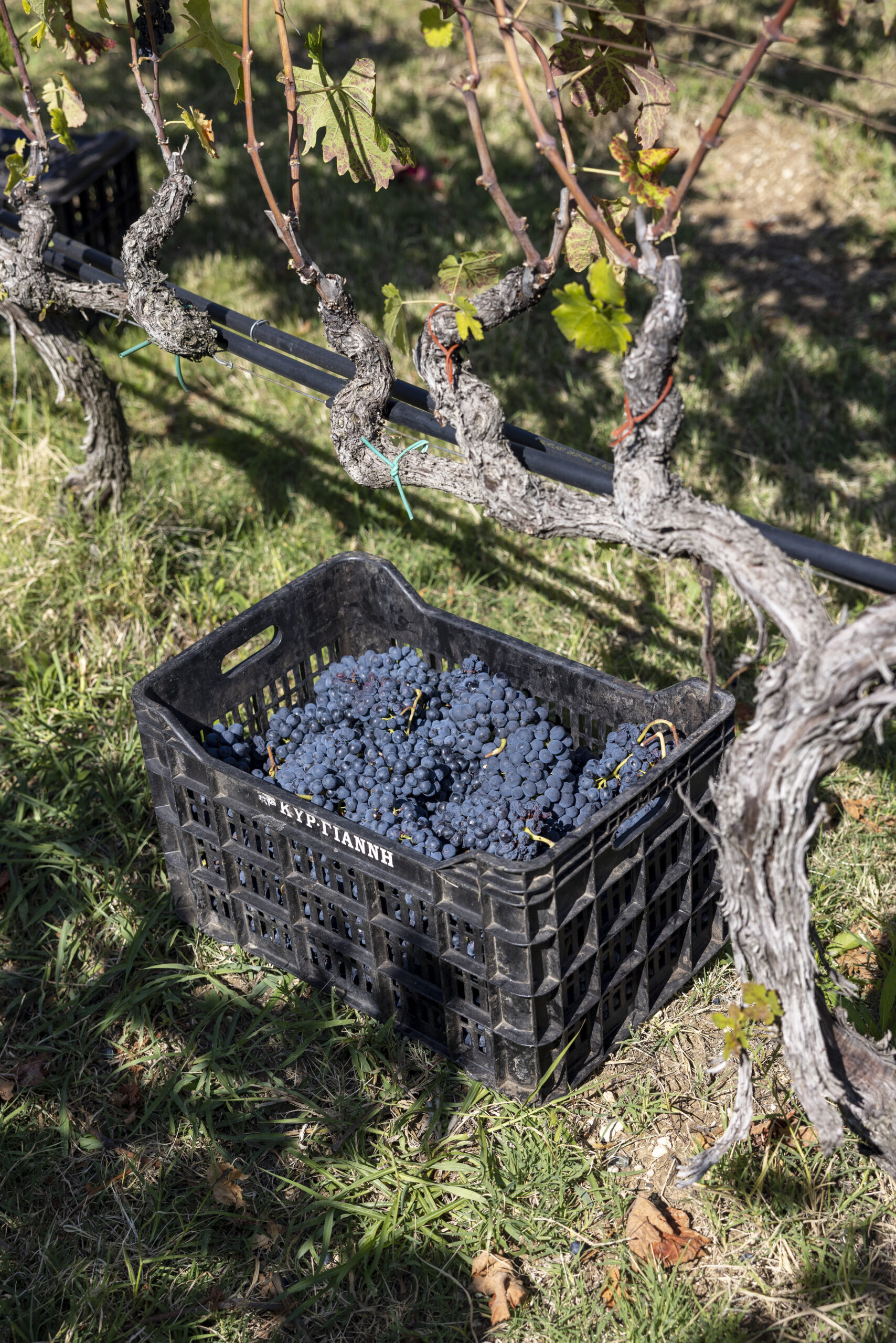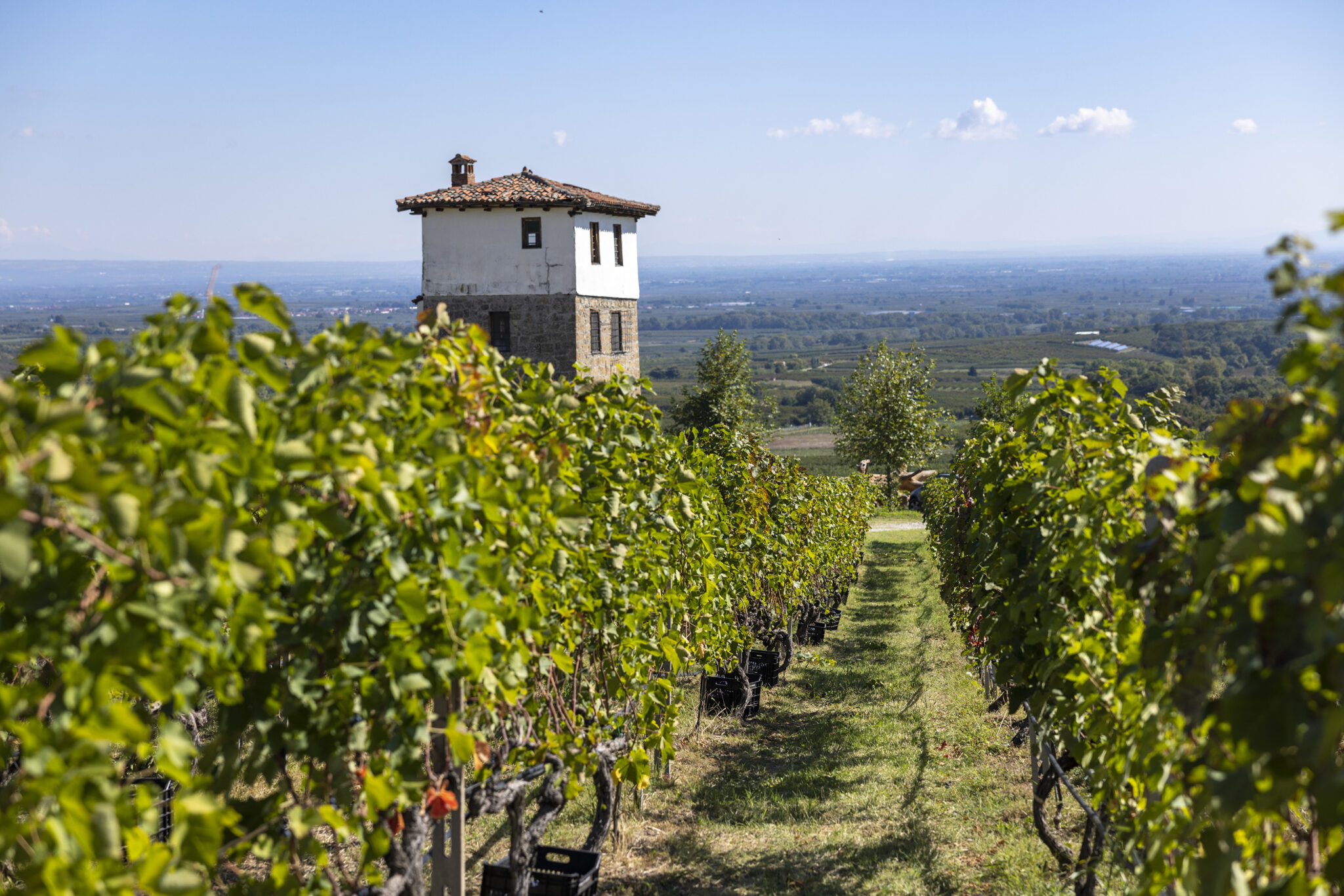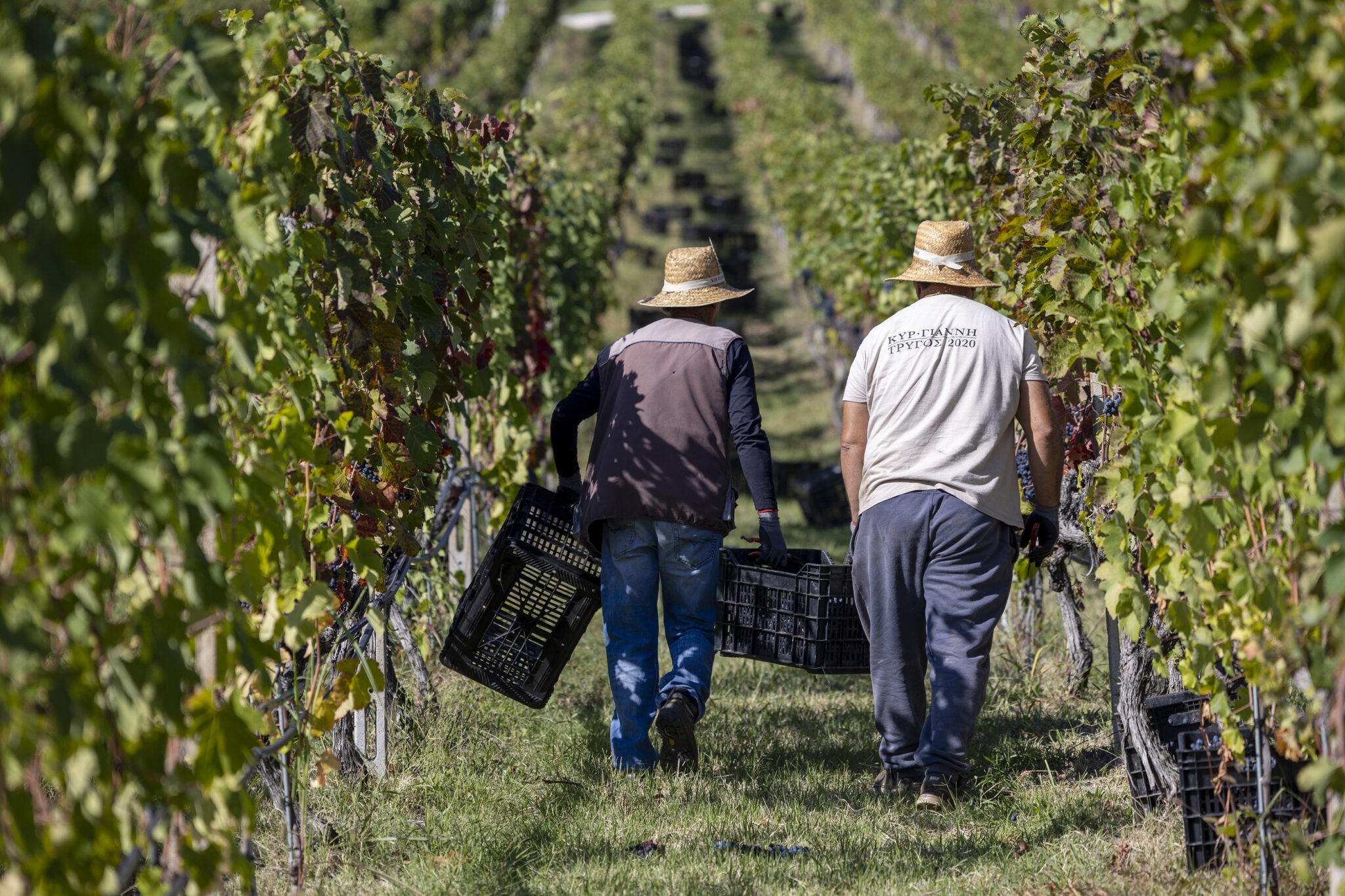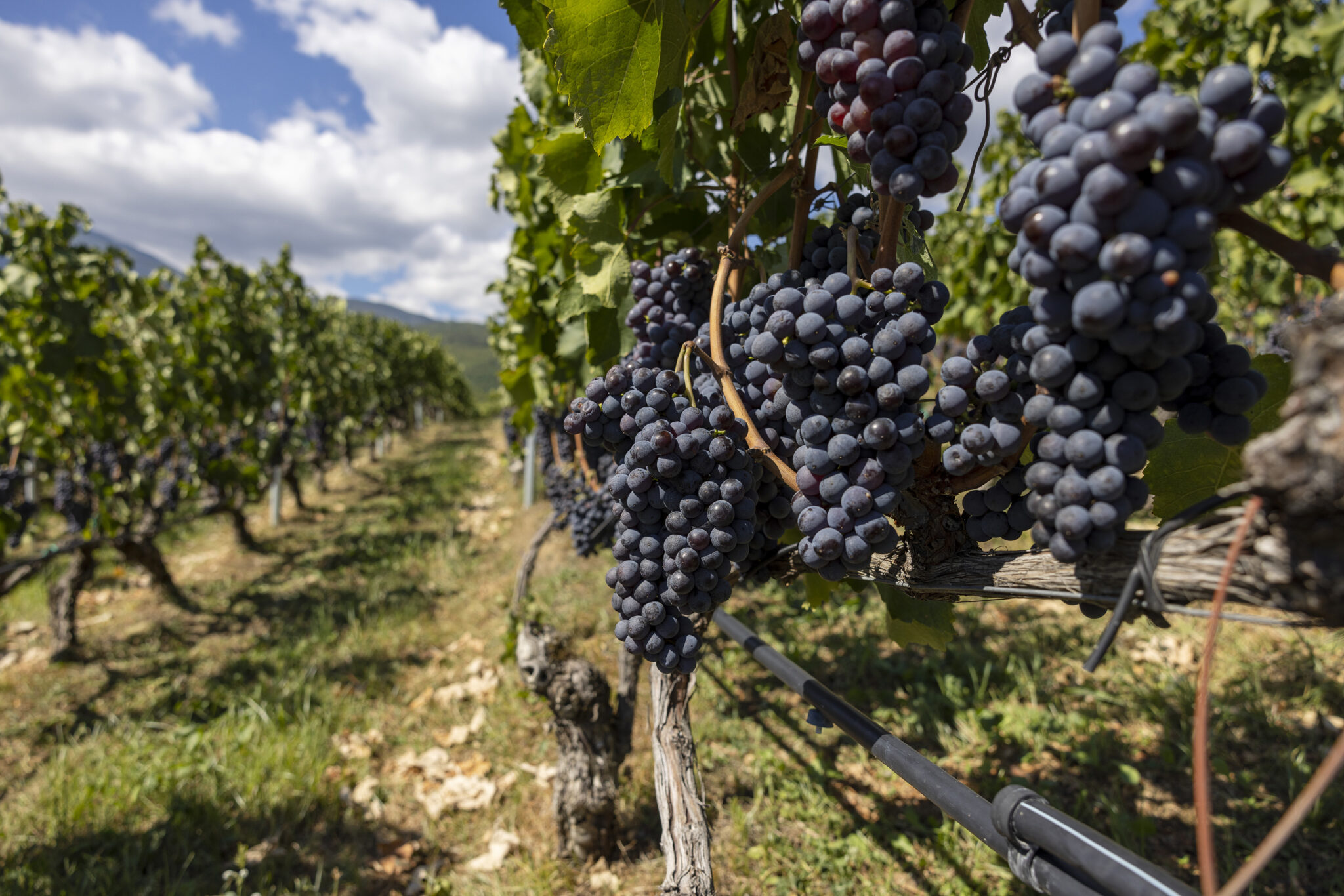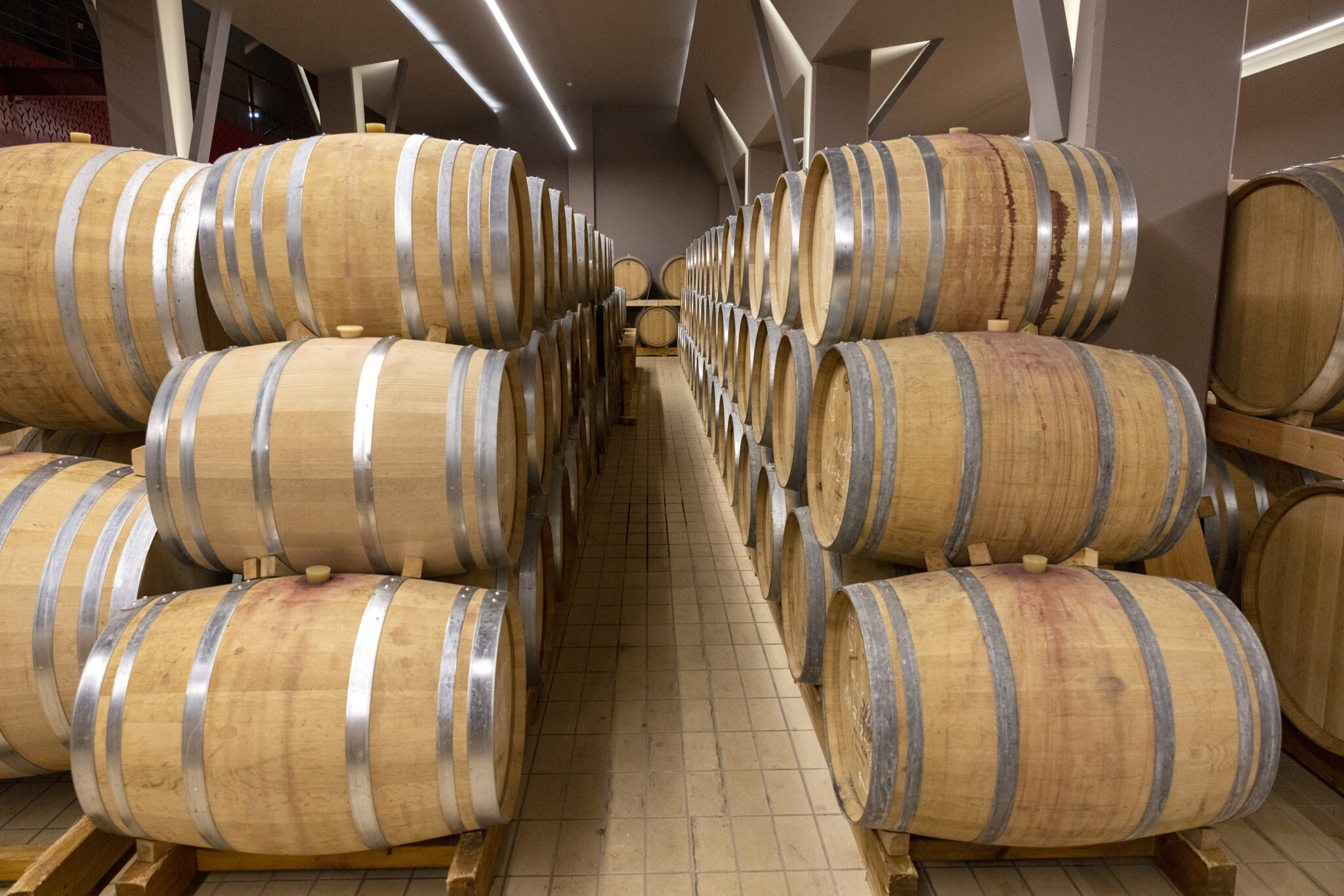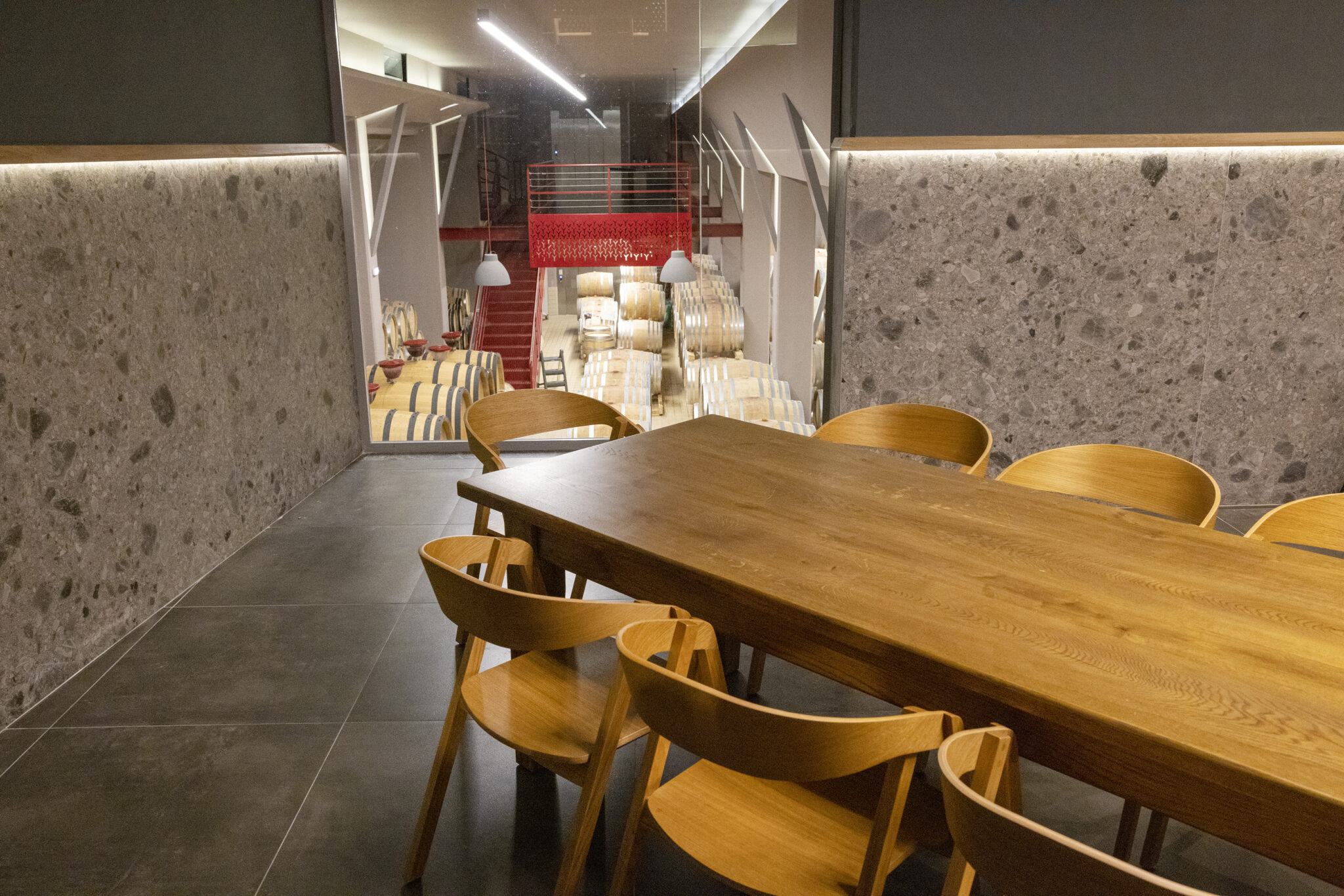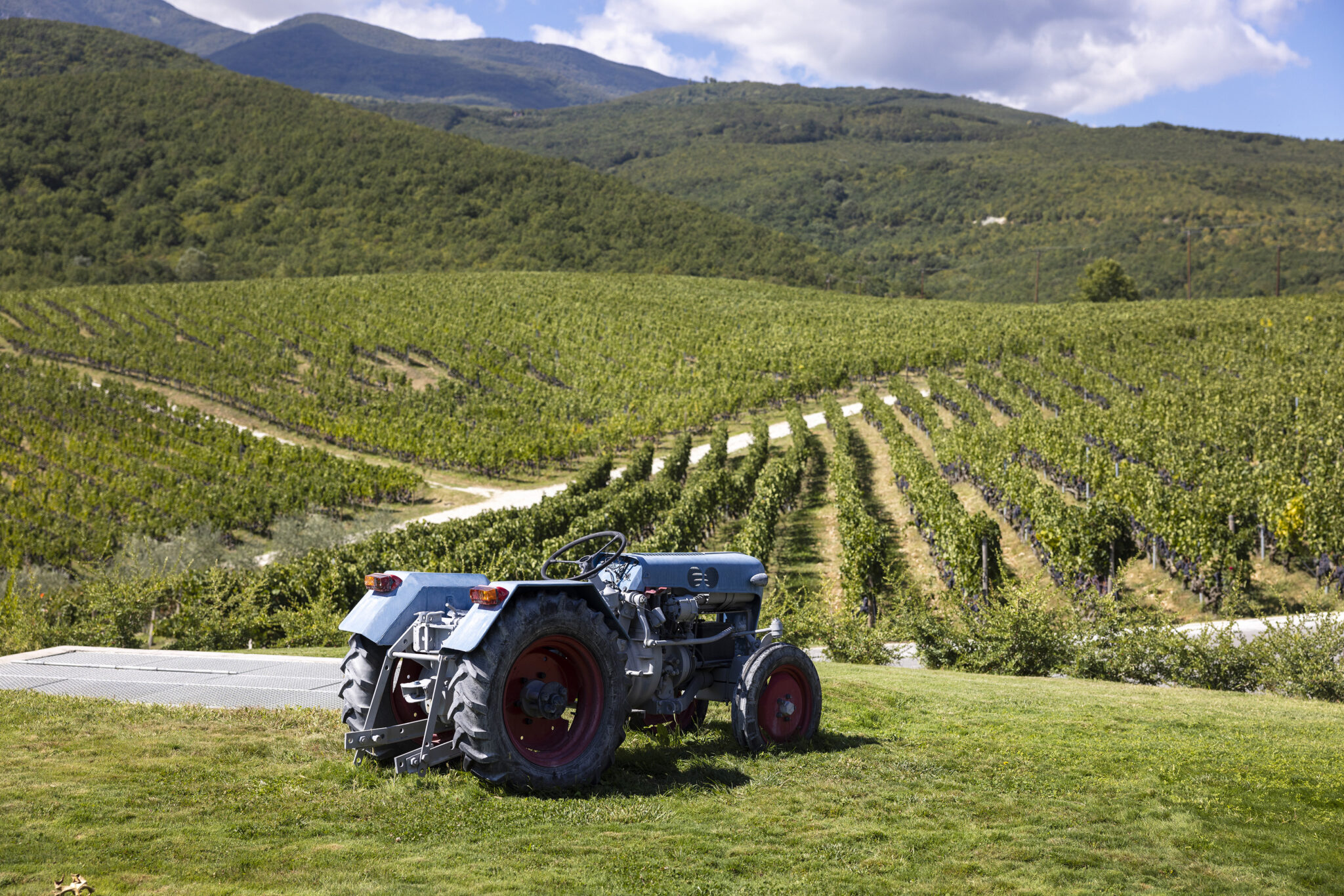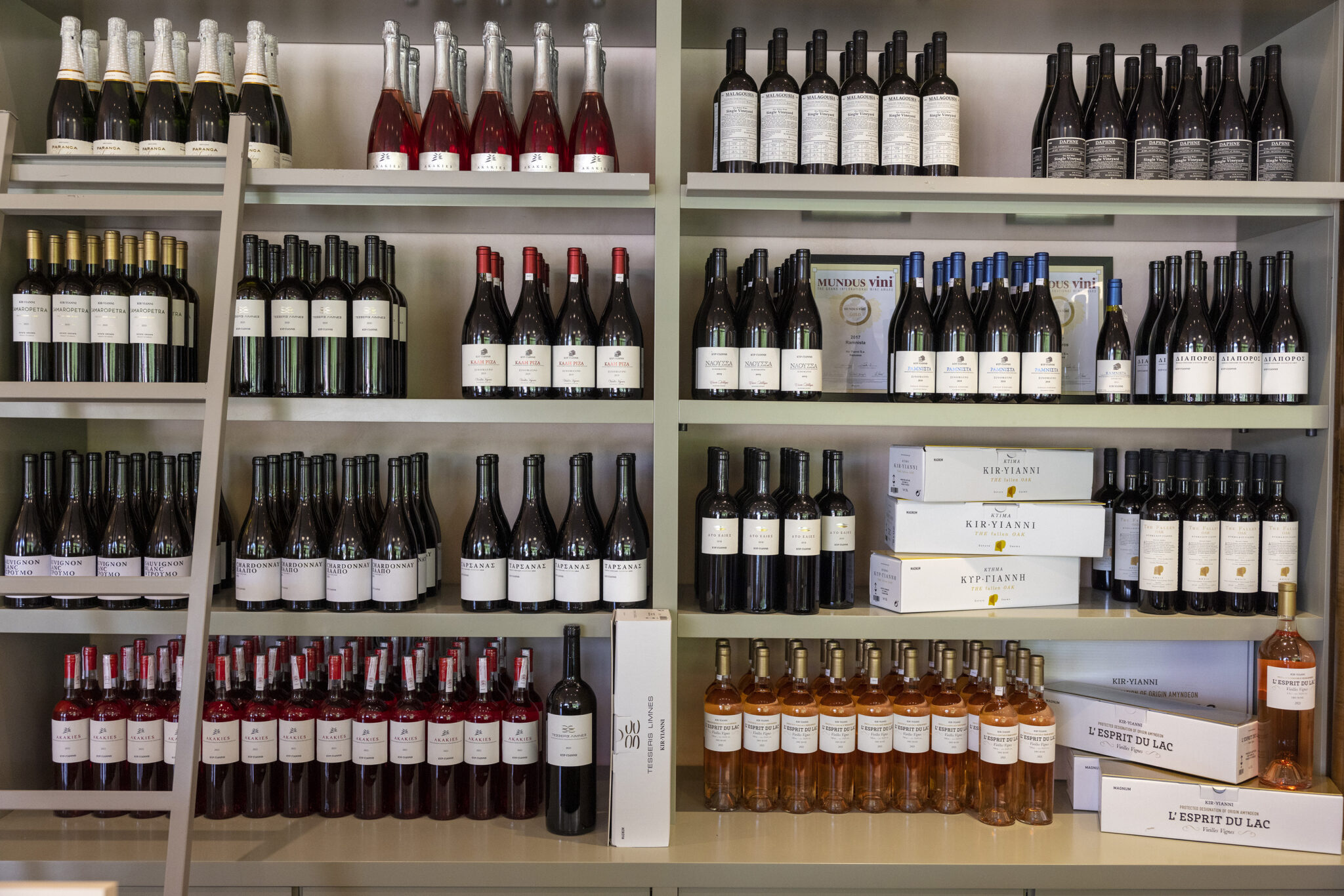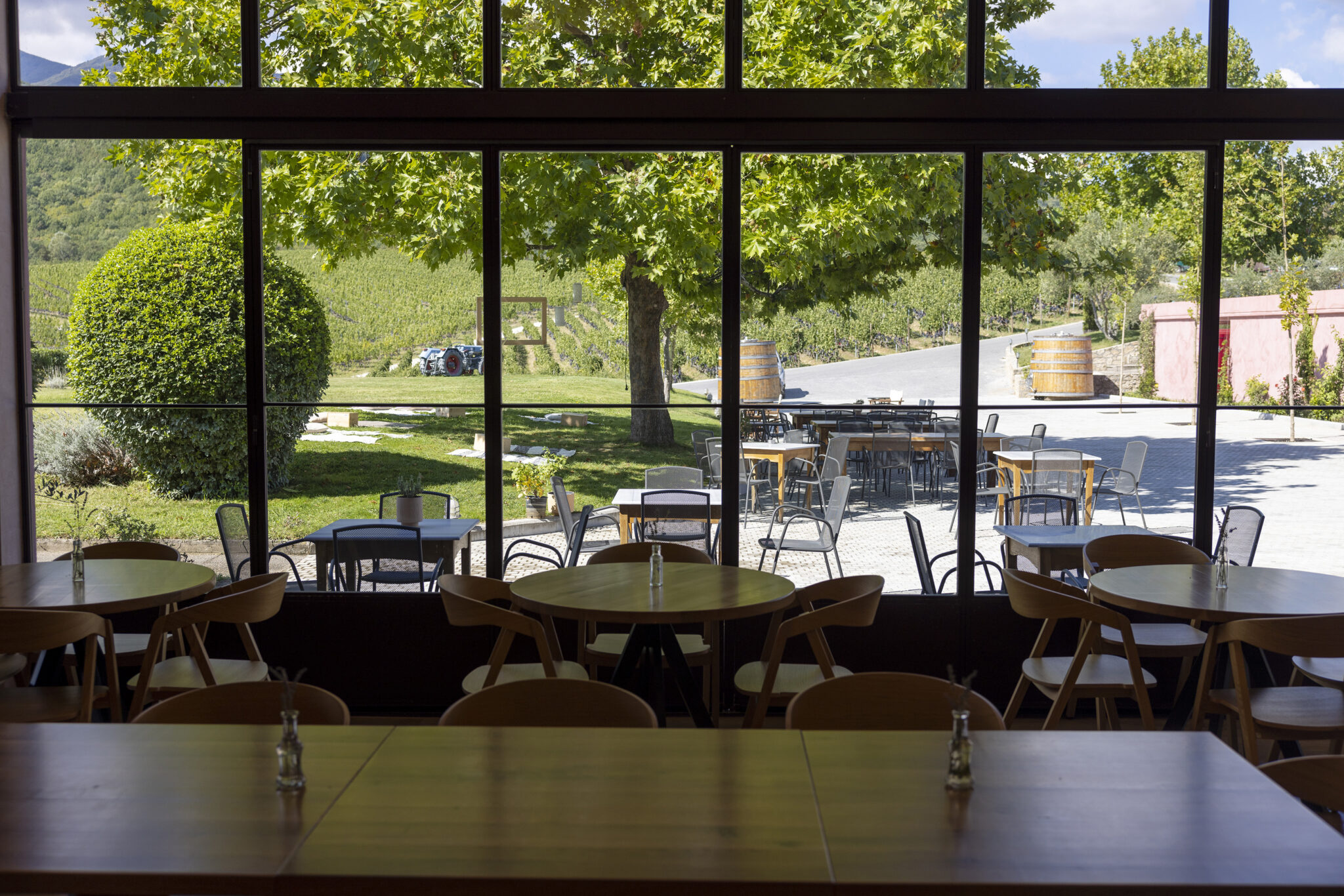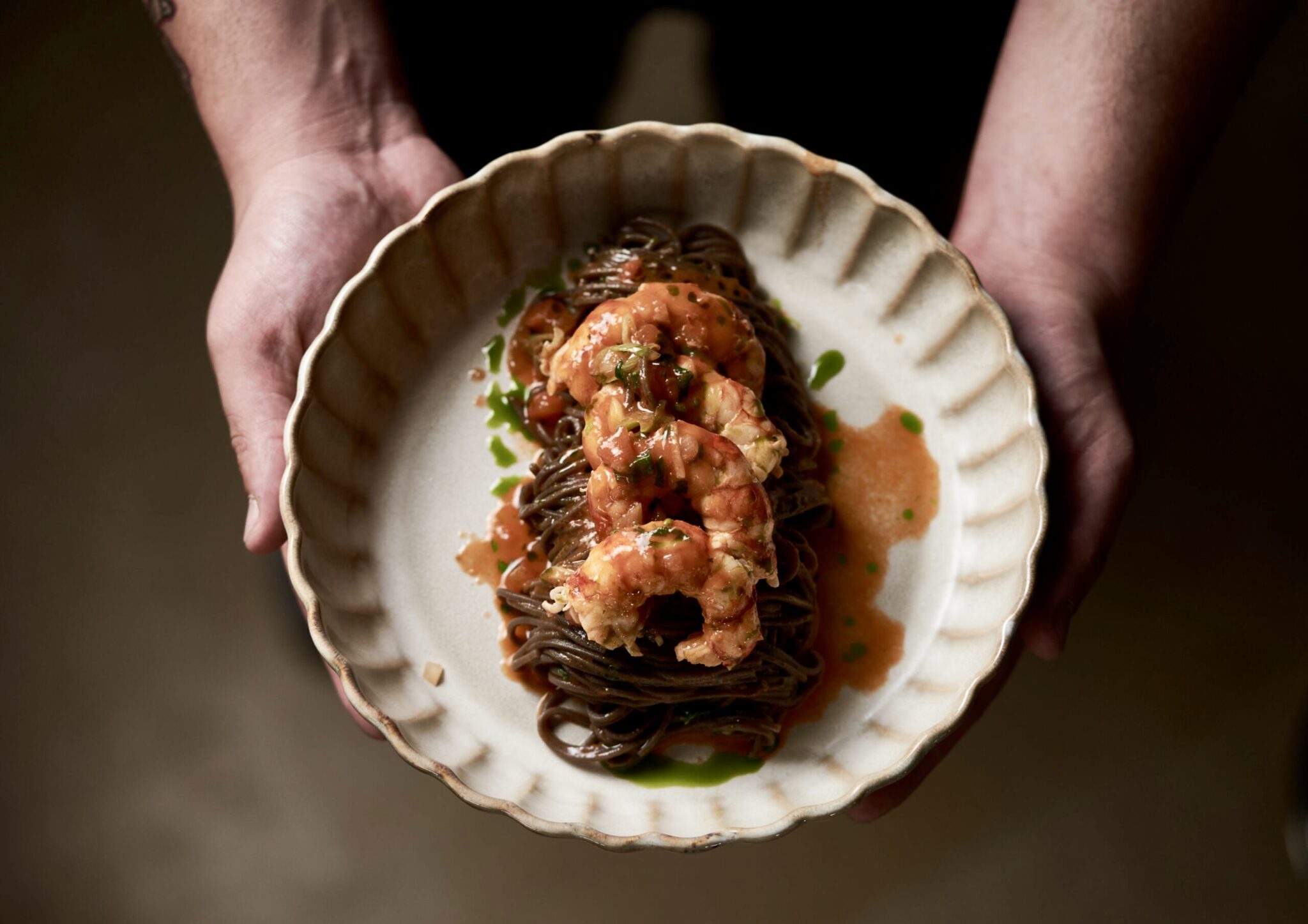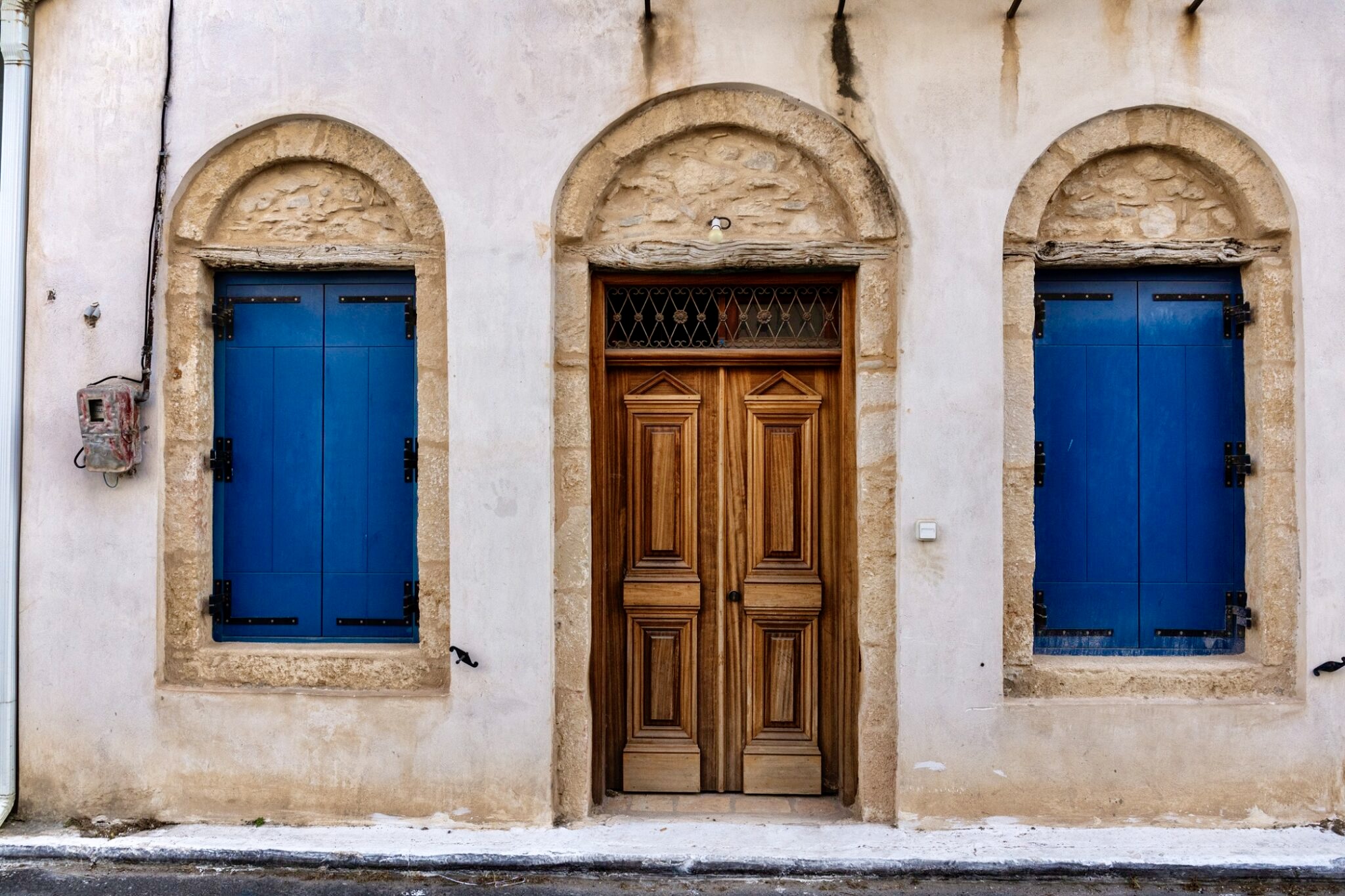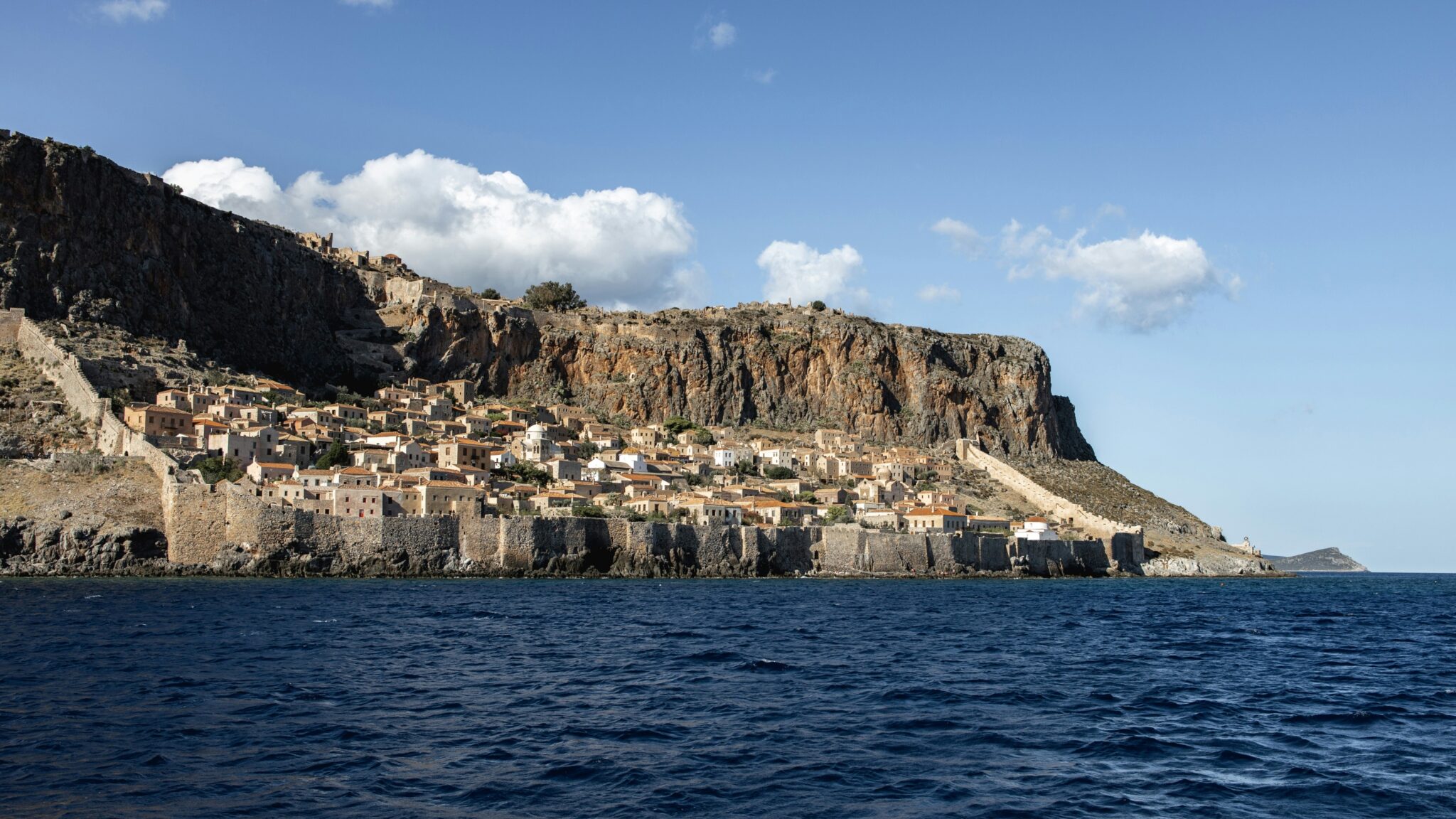The role of wineries in the making of a good wine is definitely crucial, but it is the vineyard, itself, that truly lifts taste and scent. Greece is privileged to host vineyards of rare beauty on fertile land. Some of these vineyards are harmoniously clustered at the foothills of Mount Vermio, in Naoussa, a prime wine region.
Naoussa’s association with wine stretches back to antiquity, ancient Greek mythology, and Dionysus, the god of wine. Naoussa wine is referenced in the legend about Semele, Dionysus’ mother. Nowadays, locals of this small city work tirelessly and passionately all year round, and, in doing so, are preserving the region’s winemaking tradition, while also passing on its skills to younger generations. A total of 22 wineries have been developed in Naoussa, each with a proud history.
We wandered through Naoussa’s green vineyards during the harvest season, an important ritual for locals, which possibly explains why some of Greece’s most renowned wines, also among the world’s finest, are produced here.
Each year, in late September, grape harvesting season plays a central role in the lives of people at this Macedonian city, while also embracing visitors. The area’s vineyards are open for all, offering free wine-tasting and tours. The harvest season here begins in late August, for grape varieties maturing earlier, and lasts until mid-October, when vineyards growing the renowned Xinomavro grape variety, needing more time to mature, are harvested.
Kir-Yianni Winery
The travel.gr tour of the region included a visit to Naoussa’s biggest winery, the Kir-Yianni Winery, in the Giannakohori area. We were fortunate enough to witness and experience the grape-harvesting procedure, a heady, Dionysian-type celebration. The Kir-Yianni Winery was established in 1970, when its founder moved to Naoussa to cultivate the Xinomavro grape variety in this winemaking region. Two years later, Naoussa was designated as a PDO (Protected Designation of Origin) zone for its “100% Xinomavro” wines.
The Koula tower with a centuries-old oak tree, a trademark feature of the winery, inspired the design of the company logo. Unfortunately, on July 10, 2019, extreme weather struck, bringing down this old oak tree, a historical setback, as the tree had accompanied the tower for at least 200 years. In its remembrance, the estate was renamed The Fallen Oak.
The winery’s vast vineyards nowadays growing Xinomavro grapes, which cover half the estate, are impressive, as are the international grape varieties Merlot, Syrah, Cabernet and Mavrodafni, covering the rest of the estate.
Harvest and the winery
This modern winery is fully-equipped but also remains faithful to traditional winemaking methods. The harvesting of the grapes and their sorting is carried out manually, bunch by bunch, by people working at the winery. The ensuing fermentation process takes between fifteen to eighteen days, while the wine is stored in barrels for at least twelve months, depending on the type of wine being produced. The barrels are kept in a cellar nine metres underground, ensuring appropriate temperature and humidity levels for optimal wine maturation.
A blue tractor at the estate’s entrance was the first tractor used by Kyr-Yiannis (Mr. Yiannis), the founder. Its sentimental value prompted him to adorn the space with the tractor. It also provided the name for the winery’s Blue Tractor wine series.
The modern cellar, whose stock includes many old wines, some from as far back as 1965, is an attention-grabbing feature at the winery. Visitors may enjoy individual wine-tasting sessions if they please. The Kir-Yianni Winery recently launched a modern restaurant, offering a lovely view of its vineyards. Naturally, the restaurant menu features wines covering all tastes.
The winery’s exterior grounds, a scenic paradise on earth, offer a relaxing setting of endless vines. Visitors to the winery may learn more about the significance of wine in Naoussa. Also, various events such as open-air cinema in summertime, tours, presentations and wine-tasting, are offered at the winery.
If “wine gladdens the heart”, as noted in psalm 103 of David, king and prophet, then Naoussa will certainly cheer your heart as the presence of wine, here, is ubiquitous.
Read also:
Vlachohoria and Koupatsohoria village groups: Hidden Greek gems
Monemvasia: accommodation, food and stroll recommendations for the dreamiest place in Greece



